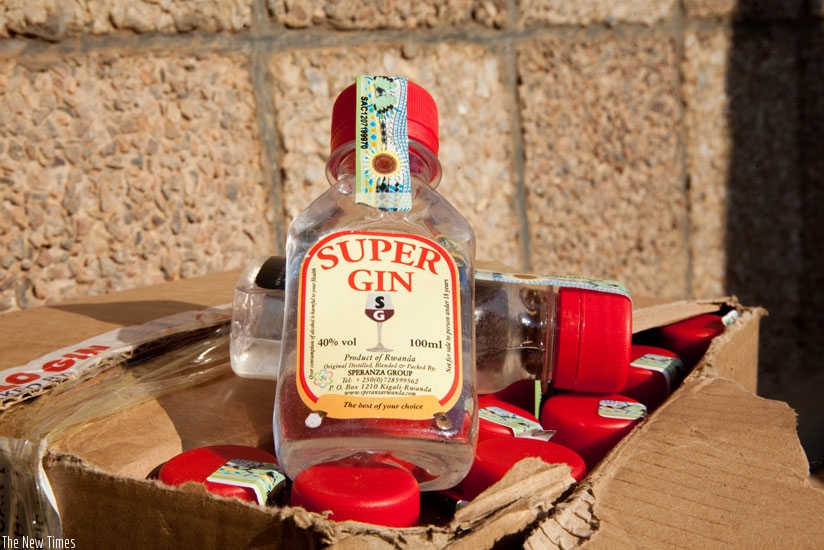Editor, Gin makers who have yet to comply with Rwanda Standards Board (RSB) directives should do so as soon as possible. In the two previous stakeholders meetings, they requested for eight months grace period, after which they again requested for an extra eight months (16 months in total).


Editor,
Gin makers who have yet to comply with Rwanda Standards Board (RSB) directives should do so as soon as possible. In the two previous stakeholders meetings, they requested for eight months grace period, after which they again requested for an extra eight months (16 months in total). At that time, loans were not an issue...some of them complied, others are still reluctant.
In the meantime, the public, our brothers, sisters, parents are dying a slow but sure death because of drinking liquor packed in plastics.
In my opinion, gin makers should comply with the directives; Private Sector Federation (PSF) should support Government policies (not antagonise them) and encourage its members to support them too, because, in the end, it is the private sector which benefits from an organised, competitive sector. They should be thankful that they have in place a Government which listens to them and engages in consultative meetings to help them grow.
The gin makers should be thankful that these types of gins have not been banned altogether. There are countries where the manufacture and sale of such alcoholic drinks is tightly regulated that you cannot even think of engaging in a hide and seek game with the government, but here we still relax the rules (some even want such rules to be removed) and that is why you can see even young school teens feasting on a small bottle of gin with 40 per cent ethanol content. It is a pity!
Go ahead RSB and protect us; we parents are behind you.
John
Reaction to the story, "Gin producers could lose billions as RSB insists on plastic bottles ban deadline” (The New Times, June 30)


